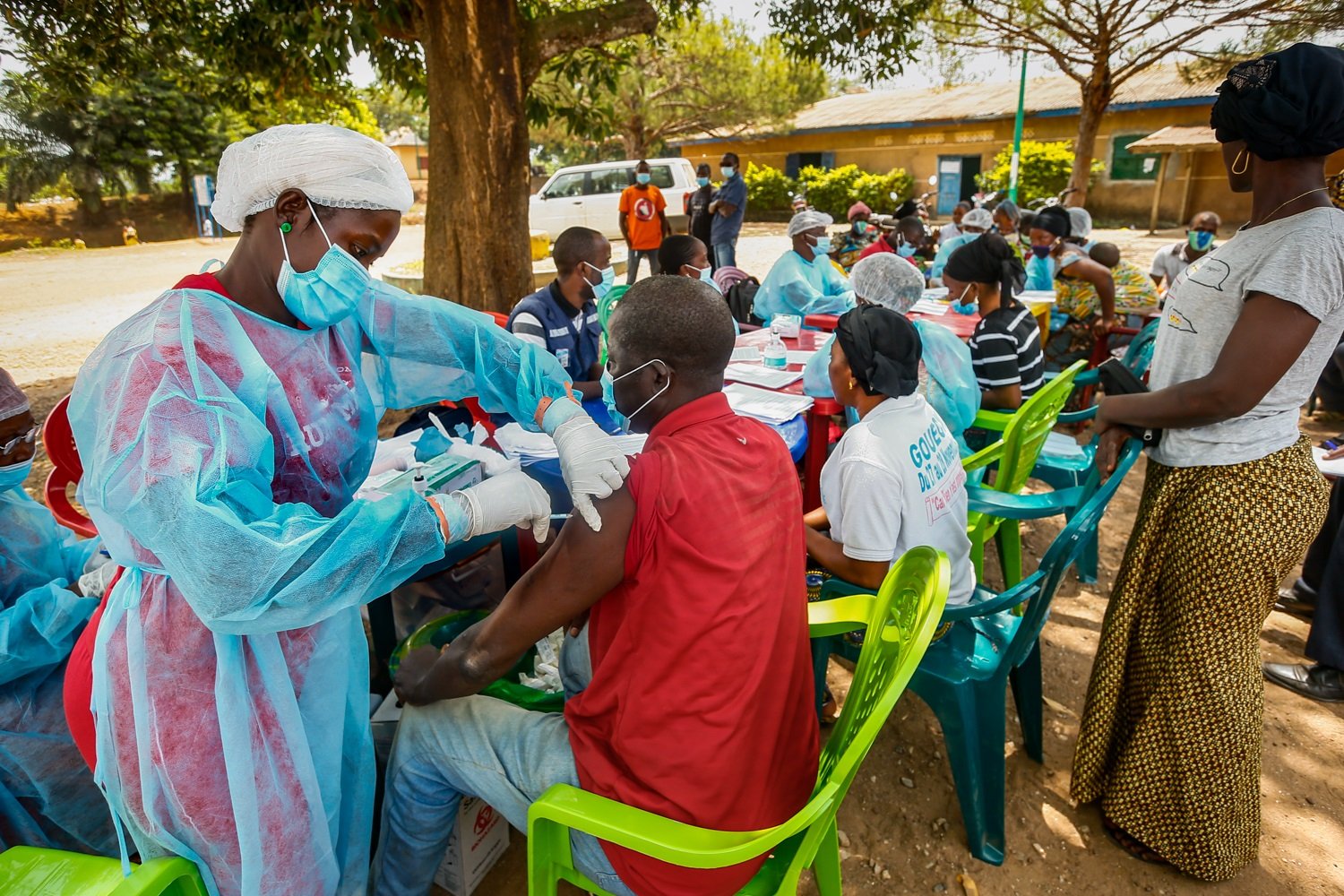By Abujah Racheal
The West African Health Organisation (WAHO), in collaboration with the Coalition for Epidemic Preparedness Innovations (CEPI) and national task forces from five countries met on Thursday to advance efforts in developing a Lassa fever vaccine.
The inaugural meeting and launch of the Lassa Fever Coalition Governing Entity (LFGE), hosted by the Federal Ministry of Health and Social Welfare in Abuja, marked a significant step toward addressing the recurring threat of Lassa fever in the region.
The coalition’s goal is to develop, equitably distribute, and deploy an effective Lassa fever vaccine, while also addressing immediate needs such as public awareness campaigns, equipping health workers, and ensuring access to life-saving interventions for vulnerable populations.
Dr Melchior Aissi, Director General of WAHO, described Lassa fever as a zoonotic disease that had plagued West Africa for over 50 years, causing significant morbidity and mortality, particularly among health workers.
“In spite of therapeutic interventions, the absence of a preventive vaccine has made the disease a recurring challenge,” he said.
Aissi stressed the importance of fostering scientific collaboration, raising awareness among political leaders, and ensuring vaccine affordability and accessibility.
He also lauded the support of ECOWAS Heads of State and development partners in advancing WAHO’s agenda, which included strengthening health systems, enhancing epidemic preparedness, and promoting investment in research and innovation.
“Efforts are underway to mobilise resources, ensure fair allocation of health products, and build a resilient healthcare workforce capable of addressing both emerging and existing health challenges,” he added.
Dr Richard Hatchett, CEO of CEPI, highlighted significant progress since the Lassa fever vaccine programme began in 2018.
“Nigeria has always been central to these efforts as the epicentre of Lassa fever due to its high number of cases,” he said.
Hatchett revealed that Phase II field trials were now underway in Nigeria, Liberia, and Sierra Leone, with earlier trials conducted in Ghana.
He stressed the importance of understanding the epidemiology of Lassa fever across the region to target vaccine trials effectively.
Prof. Muhammad Pate, Coordinating Minister of Health and Social Welfare, emphasised the coalition’s focus on advancing vaccine development and strengthening public health measures.
He highlighted the need for equity, ensuring that vulnerable groups such as women, children, and health workers benefited from the coalition’s efforts.
“Sustained collaboration among national, regional, and global partners is essential to building inclusive and resilient health systems,” Pate said.
Dr Catherine Cooper, Chief Medical Officer in Liberia, revealed that enhanced surveillance had uncovered an expansion of Lassa fever cases across multiple regions in the country.
She stressed the importance of regional coordination in ensuring a comprehensive approach to vaccine development and survivor care.
In Sierra Leone, Dr Mohamed Vandi, Deputy Executive Director of the National Public Health Agency, discussed progress in enhancing laboratory capacity for quicker diagnosis of suspected cases.
However, he noted challenges in rural areas, including delays in sample transport and result dissemination.
“Community sensitisation programmes have been pivotal in educating the public about preventive measures, such as proper food storage and sanitation, to reduce exposure to infected rodents,” Vandi said.
Dr Jide Idris, Director-General of the NCDC, emphasised the importance of collaboration with institutions and researchers to stimulate interest and government support for scientific research.
He noted that public health activities were research-based, involving data collection and expert collaboration, which were crucial for finding solutions to health challenges.
He underscored the need for equitable sharing of benefits arising from global scientific efforts, ensuring that all regions, including Africa, have fair access to innovations, technologies, and products.
The News Agency of Nigeria (NAN) reports that the coalition represents a united effort to combat Lassa fever in West Africa, combining scientific innovation with a commitment to equitable healthcare delivery.
While challenges remain, the collective efforts of national governments, regional organisations, and international partners offer hope for a healthier and more resilient future for the region.(NAN)
Edited by Abiemwense Moru







